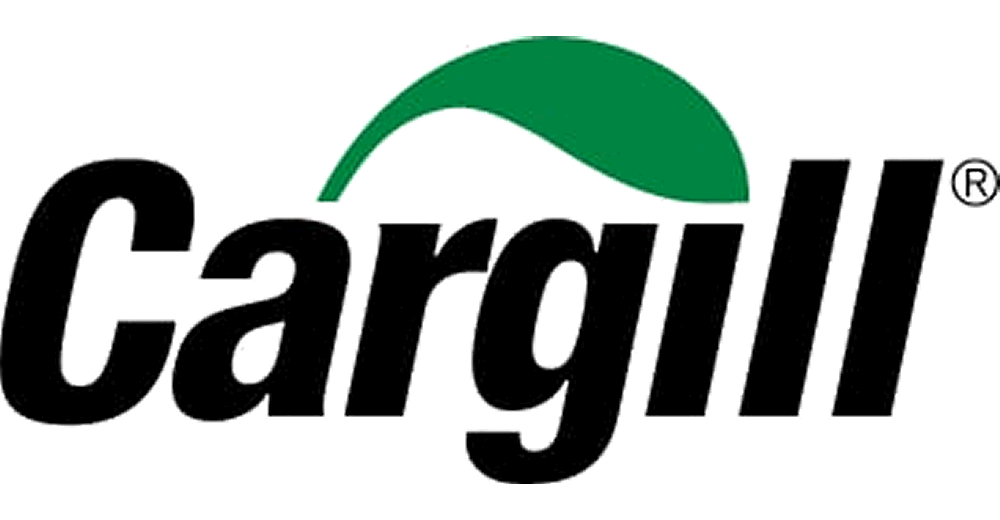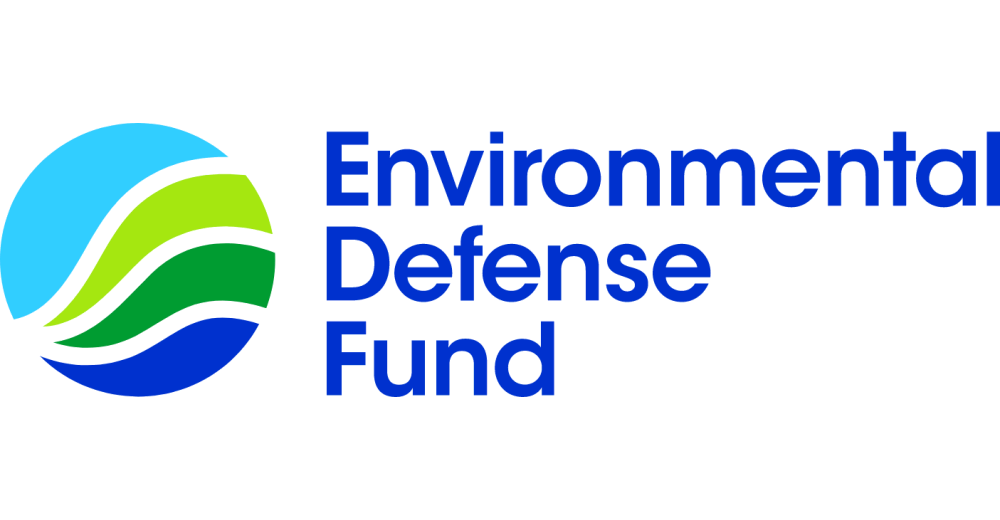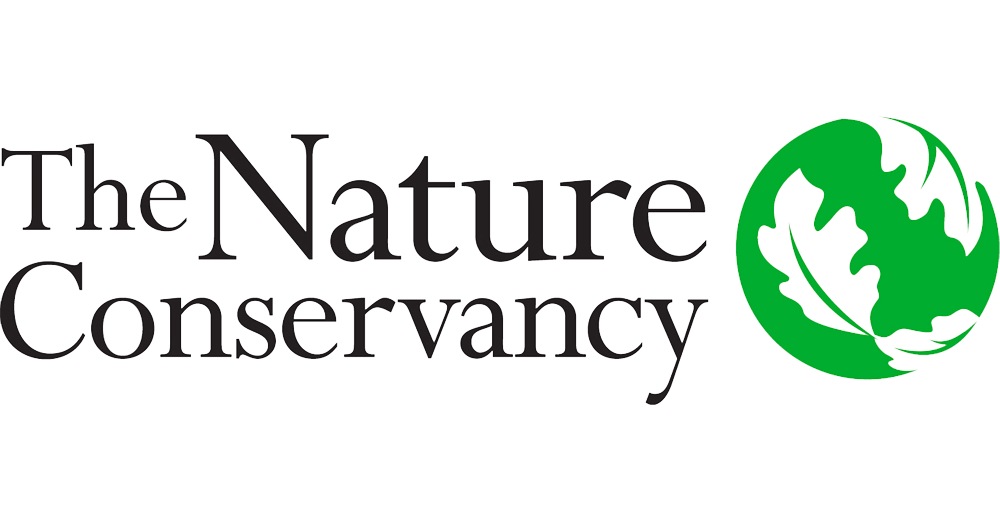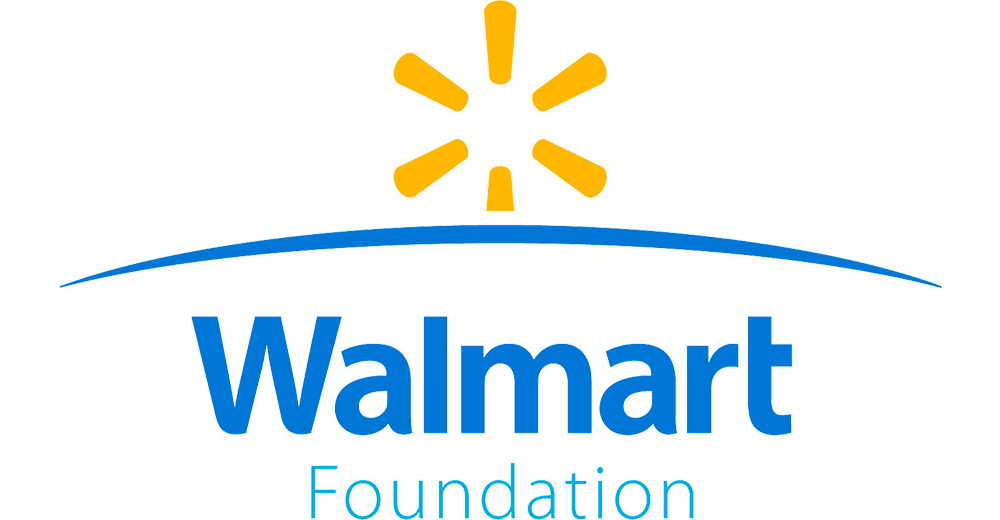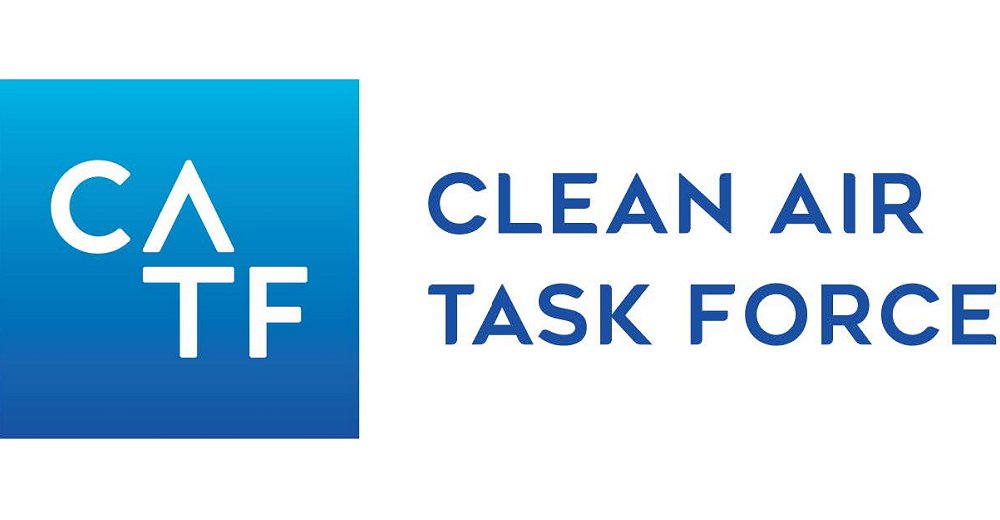
The Clean Air Task Force (CATF) addresses harmful emissions that are causing our planet to undergo unprecedented and rapid change. Superhot rock geothermal energy deserves investment, yet it is underappreciated in the decarbonization debate. CATF is working with Cornell University to advance superhot rock geothermal reservoirs, aiming to identify priority areas for federal research investments, summarize state-of-the-art techniques, identify knowledge gaps, and develop heat roadmaps.
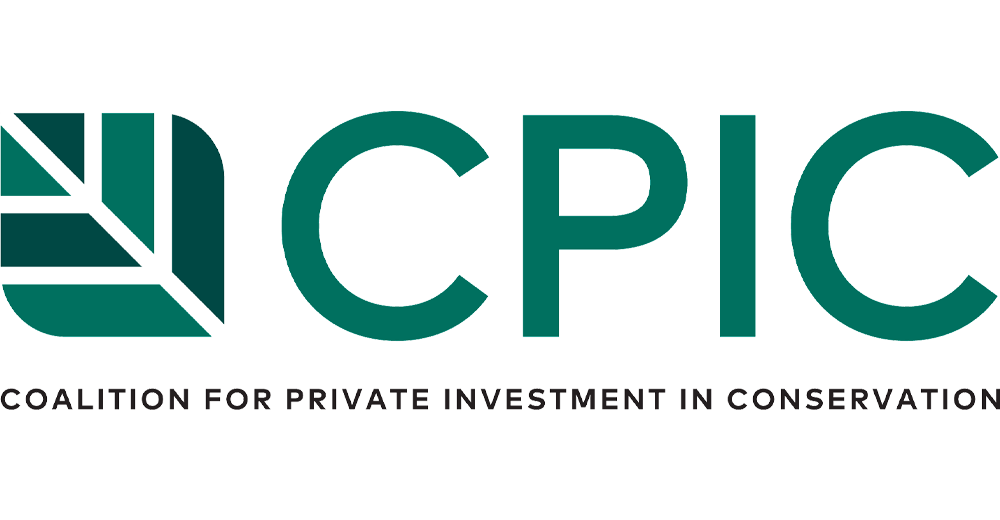
The Coalition for Private Investment in Conservation (CPIC) is a global, multi-stakeholder initiative focused on enabling conditions that support a material increase in private, return-seeking investments in conservation. Founded by Cornell, Credit Suisse, IUCN and The Nature Conservancy, CPIC has grown to 85+ members.

Cornell Atkinson highly values the Direct Air Capture Coalition (DACC) as an indispensable partner. DACC’s insights into current direct air capture topics, policy matters, and technology in carbon capture have been instrumental in shaping our understanding of this field. Additionally, their support in fostering linkages with academic institutions has enabled us to engage our peers, identify best practices, and explore areas of collaboration. We highly value DACC’s expertise and eagerly anticipate continued partnership in driving impactful change.
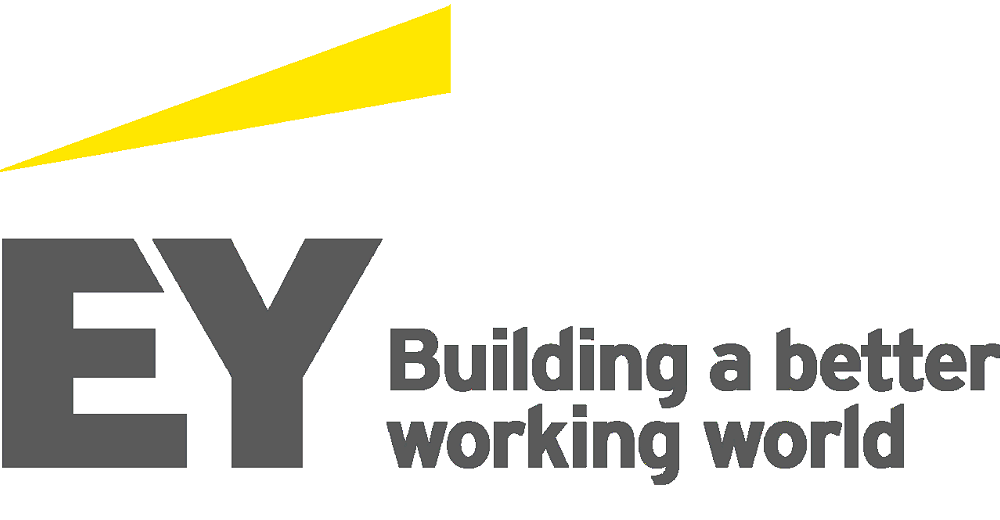
EY is a multinational professional services partnership striving to build a better working world for all. They provide insights and services to help create long-term value for clients, people, and society, and to build trust in the capital markets. Cornell Atkinson is collaborating with EY, Microsoft, and NASA as the academic partner for EY’s 2023 Open Science Data Challenge. Cornell Atkinson provided scientific expertise and strategic guidance to define the current challenge on food security in Vietnam.

Cornell Atkinson is a member of Field to Market: The Alliance for Sustainable Agriculture, which facilitates connections and collaborations among diverse stakeholders along agricultural value chains. The center is an active member of the Innovative Finance workgroup and has contributed to numerous Field to Market discussions on tools for measuring and verifying agricultural greenhouse gas emissions.
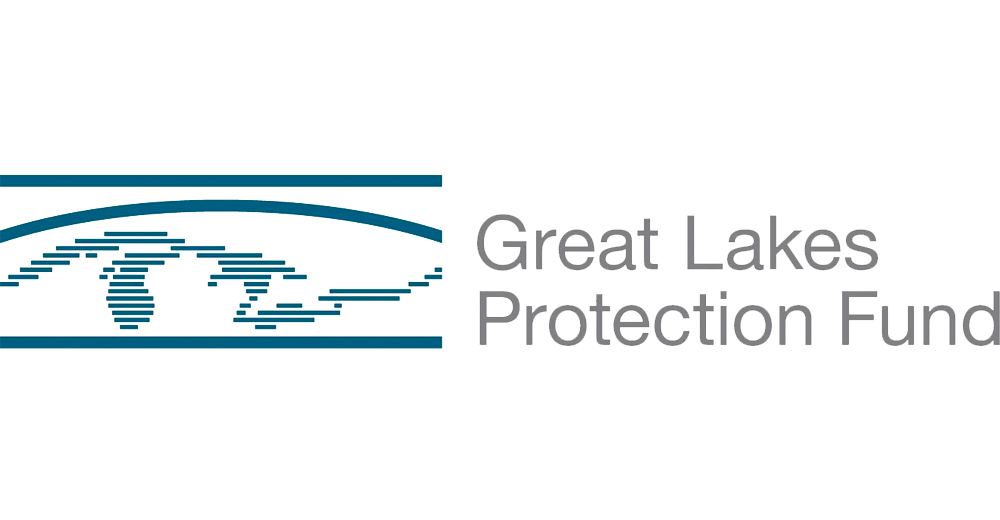
The Great Lakes Protection Fund (GLPF) is partnering with Cornell Atkinson to support their mission to identify, demonstrate and promote regional action to enhance the health of the Great Lakes ecosystem. A three-year grant from GLPF supports a research team led by Cornell Atkinson with the aim of assessing and co-creating new financial tools to finance regenerative agriculture in the Great Lakes region.
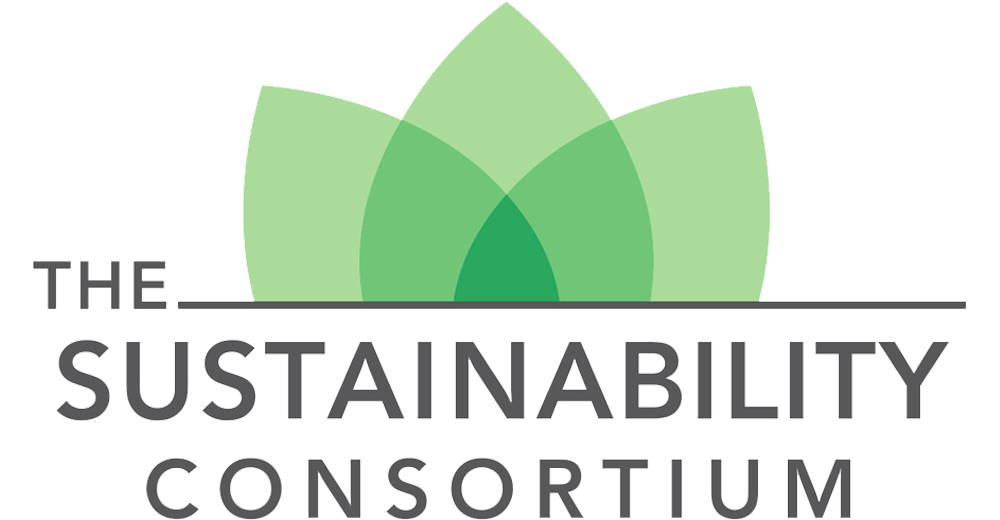
Cornell is a member of The Sustainability Consortium, a global non-profit organization transforming the consumer goods industry to deliver more sustainable consumer products.

